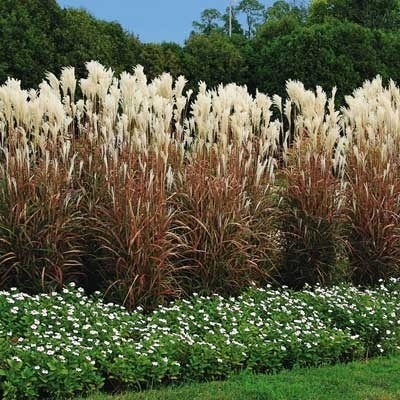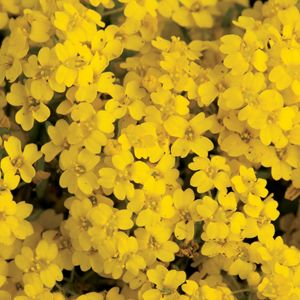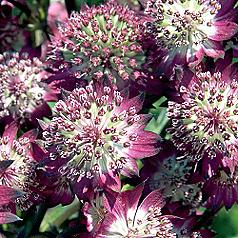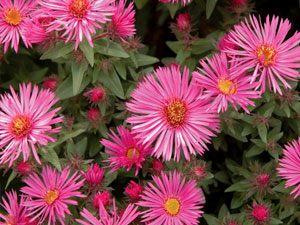When Miscanthus Sinensis âPurpurascensâ first emerges in early spring, it’s easy to mistake for any old green grass. It’s when summer comes along that this plant â more popularly known as flame grass â really begins to live up to its red hot name. As the summer heat reaches its peak, this 5 foot tall grass turns a brilliant orange-red color that’s sure to liven up the garden. In the weeks following the initial burst of color, the grass fades to a regal reddish-purple, and the brightly-colored seed heads persist all the way from early fall to the winter months. Regardless of the time of year, this perennial has something spectacular to offer your garden or landscape design.
(Miscanthus sinensis ‘Purpurascens’) A seemingly normal grass when it first emerges in spring, ‘Flame Grass’ truly begins to show off in mid-summer when the hot sun brings out it brilliant orange-red foliage color. Â Reaching 5′ in height and boasting reddish-silver plumes, Flame Grass has quickly become a favorite of the Minnesota Gardener.
Light
For the best results with Miscanthus flame grass, you’ll want to plant it somewhere where it has access to full sun. This ensures it not only has enough light and heat to thrive throughout the year but also that it has plenty of exposure to sunlight in the summer and fall months to create the brightest possible colors.
Planting
Flame grasses are fairly large, measuring up to an average of five to six feet tall when the flowering plumes are present with a three-foot spread. Keep this in mind when planting and be sure to allot plenty of room and not crowd your new or existing plants. They should ideally be planted at least 20 inches apart–even at this distance, when full, they will still create a continuous, hedge-like appearance.
Soil
Flame grass is a hearty plant and thrives in quite a few different types of soil. Unlike some plants, it simply isn’t picky. It does well in normal soil, sandy soil, or even soil containing large amounts of clay. This variety of planting options ensures that this plant will thrive in nearly any garden.
Watering
As is the case with almost every other aspect of caring for flame grass, watering is easy and straightforward. Water well the first year to get established, then generally, flame grass will thrive best in a well-drained environment. They grow in hot, dry areas, so try to emulate that with your watering schedule. If it often rains where you live, you may not even need to water at all. It requires only moderate irrigation overall.
Fertilizer
Flame grass is extremely hearty, deer resistant, and grows in some of the hottest conditions around, so in most cases, it’s not necessary to whip out the fertilizer. That being said, if you’re bound and determined to fertilize all of your plants without exception, a good standard option for ornamental grasses is either a granular or liquid fertilizer that can be mixed into the soil itself. While your flame grass likely doesn’t need the help to stay alive, fertilizing can make it look thicker and may make the silky seed heads look more impressive.




